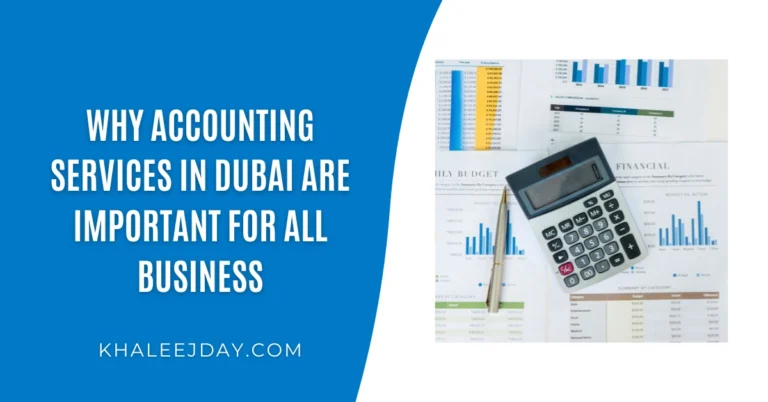How Business Central Ensures Compliance and Security for Businesses?
Businesses mostly rely on ERP solutions for smooth operations. The preferred ERP for most organizations, Microsoft Dynamics 365 Business Central stands out.

Beyond delivering advanced functional features, the solution also meets important compliance requirements.
Business Central meets compliance requirements through its strong compliance framework.
Compliance is an essential aspect of an ERP system because it makes sure businesses adhere to industry regulations and security norms. Data compliance software prevents financial penalties, legal troubles, and reputational damage.
Why ERP Security and Compliance Matter for businesses?
ERP software manage different departments and their data. The processes range from customer service, financial transactions, supply chain, sales, vendor management, and more. Non-adherence to compliance or security flaws makes the scenario worse for organizations. It can lead to hefty fines along with legal troubles.
This is why businesses need an ERP solution that supports advanced security features and offers comprehensive compliance management. Business Central fits the role of an ideal data compliance software that organizations can rely on.
What is Business Central?
Dynamics 365 Business Central is a versatile ERP solution that adapts to businesses of all sizes and types. It covers modules to manage core business functions such as sales, finance, supply chain, inventory management, project operations, and customer service.
Business Central is a reliable solution for the modern business environment. Its cloud architecture, advanced AI, analytics, integration capabilities, and reporting features put it ahead of other solutions.
The compliance framework is extensive covering data security, integrity, and regulatory adherence. In the following section, we explore how the ERP ensures compliance and security for businesses.
Data Security and Compliance in ERP
Business Central is embedded with advanced security and compliance features to meet global standards. The platform makes sure that organization data is protected throughout. Here is how Business Central meets compliance.
Compliance framework
Business Central compliance framework helps organizations meet industry standards and regulations related to data protection, reporting, and operational transparency. The adherence to regulatory standards makes it possible for organizations doing business with ease. This prevents financial loss, reputational damage, and hefty fines and legal troubles.
Data security and integrity
Business Central compliance involves strict adherence to data security. The solution gives advanced measures to protect business data. Its data security features include access controls, advanced data encryption, and multi-factor authentication.
Data Residency
Data residency refers to the location where the data is stored and processed. The data being stored must comply with the regulations of the region where it resides. This gives the advantage of maintaining compliance with data privacy and security.
Business Central gives tools to help organizations meet data residency requirements. Companies can choose the geography for data storage.
Audit trails and Reporting
Audit trails and reporting are part of compliance. They let users to track and record changes in the data. The details like who made the changes, when they were made, and what actions were taken can be tracked and stored. These detailed audits make certain transparency and accountability in meeting compliance.
Automated compliance updates
Data privacy regulations changes will be automatically updated within the system. This guarantees that Business Central ERP will have the latest data privacy laws. Organizations can meet compliance requirements without additional investment on customization.
AI and ML for risk mitigation
AI identifies potential compliance risks by detecting anomalies in data and patterns. This helps organizations overcome any issues that arise due to security breaches or other non-compliance risks.
Microsoft Business Central Benefits
- Business Central extends a secure ERP environment that helps organizations manage operations confidently. Here are the important benefits of the software:
- Business Central uses Microsoft’s security framework to protect confidential business information. Advanced data encryption, multi-factor authentication, and role-based access control help safeguard data from unauthorized access.
- The system supports compliance standards to meet regional and industry-specific regulatory requirements.
- Audit trails let businesses track user activities, monitor changes in data, and make sure accountability for maintaining transparency and meeting compliance.
- Business Central runs on Microsoft Azure. Organizations can benefit from Azure’s secure infrastructure, continuous threat monitoring, and disaster recovery capabilities.
- Microsoft frequently updates ERP with the latest security features to help stay aligned with evolving laws and regulations.
- The advanced reporting tools improves visibility into operations. This makes sure that that compliance processes are transparent and easy to manage.
The combination of ERP security, compliance framework, and Business Central governance makes Business Central a reliable choice for organizations aiming for smooth business operations without any trouble.
Business Central ERP advantages put your business in a leading position with visibility into core operations. The advanced features, AI capabilities, and compliance make the solution valuable in the modern business landscape.
From advanced data protection mechanisms to disaster recovery solutions, the ERP lays a foundation for making business compliant.
To learn more about how Microsoft Business Central helps you meet compliance requirements and leads you to improved growth, you can connect with the leading Microsoft partners specialized in D365 ERP.





